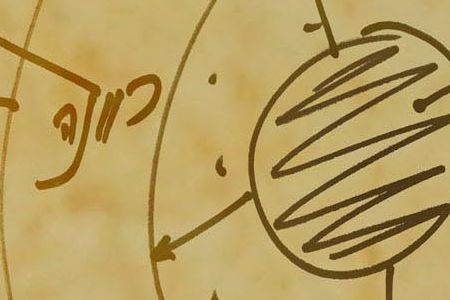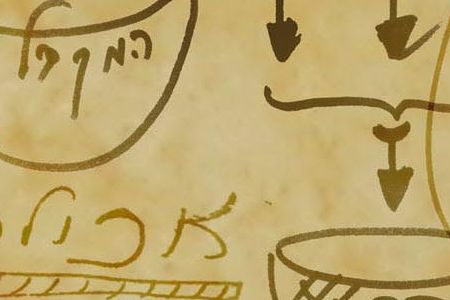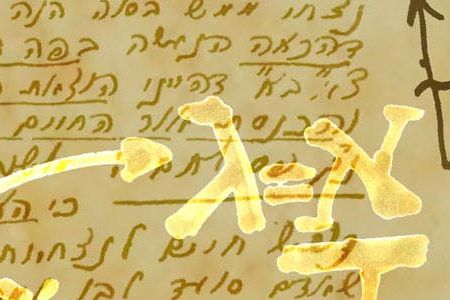
Deuteronomy, 21:10-25:19
This Week’s Torah Portion | Aug 15 – Aug 21, 2021 – 7 Elul – 13 Elul, 5781
In A Nutshell
The portion, Ki Tetze (When You Go), details special and infrequent Mitzvot (commandments), such as the attitude toward a rebellious son, a firstborn son of the loved one or the hated one, and the commandment to send a bird from the nest and not harm it, when taking the bird’s eggs or nestlings.
The portion also details many Mitzvot that deal with everyday life, ethics, and social order, such as returning a loss, divorce, and the obligation to be considerate of others in vulnerable situations, such as poor, proselytes, orphans, and widows. Additionally, the portion mentions the importance of a just sentence. The last Mitzva (singular of Mitzvot) is to always remember what Amalek did to Israel when they came out of Egypt, when it jumped them when they were unprepared, and to blot out the memory of Amalek.

Commentary by Dr. Michael Laitman
The portion marks a stage in the spiritual development after the reception of the ego, the reception of the evil inclination from Egypt. First, the evil inclination in us should appear, as it is written, “I have created the evil inclination.” That appearance happens when we try to achieve love of others, to come out of ourselves. When we attempt to do it, we discover how much we are actually immersed in self-love and hatred of others. At that time we determine that our hatred of others and our love for ourselves are what is called the “evil inclination.”
That revelation is profound inner work. It is no small task. There is a very good reason why it is written, “I have created the evil inclination.” “I have created” means that the Creator created. The recognition of the evil inclination in a person—that it is hatred of others and love of oneself—is precisely what brings us into contact with the Creator. From that recognition, a person marches on a path of hard work, trying to be good to others, as it is written, “Love your neighbor as yourself.” Then a person discovers great internal obstacles, which actually come from above, from the Creator. This is man’s first contact with the Creator.
Following the initial contact with the Creator, a person begins to move along with Him, in partnership. This is when there is, “I have created the Torah as a spice,” and a person has someone to turn to, someone to help one correct oneself.
Continue reading “Ki Tetze (When You Go) – Weekly Torah Portion”




